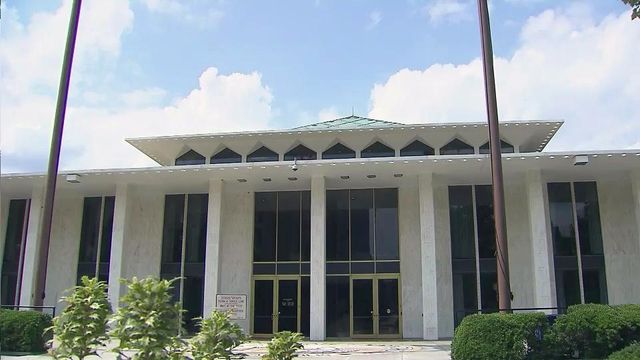Budget delay cracks top-5 longest since the 1960s
When Gov. Pat McCrory signed off on the 429-page state budget bill Friday afternoon, 2015 officially became one of the most protracted North Carolina budget seasons in more than half a century.
Posted — Updated“We recognize we’ve been here a while, because we have dealt with a lot of chronic problems (where) the can’s been kicked down the road for decades,” House Speaker Tim Moore said in a news conference Monday.
The House and the Senate put forward two competing spending plans earlier this year ahead of the legislative June 30 deadline. But for weeks, state leaders say, the substantial differences between the two versions kept negotiations at a standstill.
"I've certainly never seen two budgets further apart, and frankly, that was the big challenge we've had over the past weeks and months," House Senior Budget Chair Rep. Nelson Dollar, R-Wake, told his chamber Thursday ahead of its first vote on the compromise measure.
"I told them, I said we’re one of only four states that has yet to complete the budget. This is unacceptable," McCrory said. "And they knew it, and they wanted to find common-sense solutions.”
McCrory called those continuing resolutions a "loophole" in the law that contributes to longer stalemates. He said that needs to change, possibly with an amendment to the state constitution.
"The Democrats did this. The Republicans repeated some of those mistakes," McCrory said. "That’s not fair to the teachers, that’s not fair to small businesses and big businesses and the people of North Carolina because it brings about a sense of uncertainty."
Although they acknowledged the process has been time-consuming, legislative leaders have argued they needed the extra two-and-a-half months to tackle longstanding issues such tax policy as well as the framework for Medicaid reform, bonds and economic incentives, measures that will work through the General Assembly in the coming days.
"It has taken us longer than we would have liked, but if you look at the big issues that we have dealt with, if you look at how we have resolved some things that have been nagging for a fairly substantial period of time, we’re concerned about the length of time, but the more important thing is that we get it right," Senate President Pro Tem Phil Berger said in a news conference Monday. "I think that’s what we’ve done."
Related Topics
• Credits
Copyright 2024 by Capitol Broadcasting Company. All rights reserved. This material may not be published, broadcast, rewritten or redistributed.





